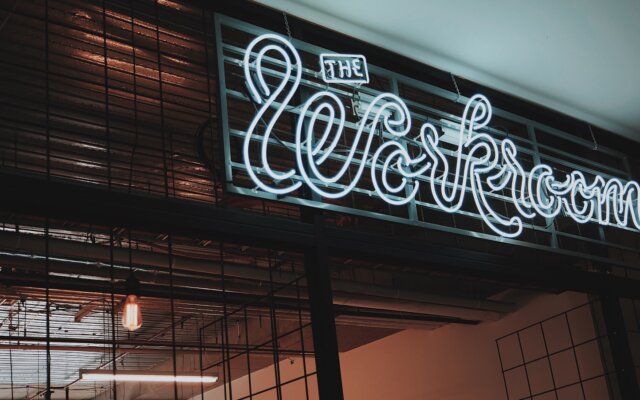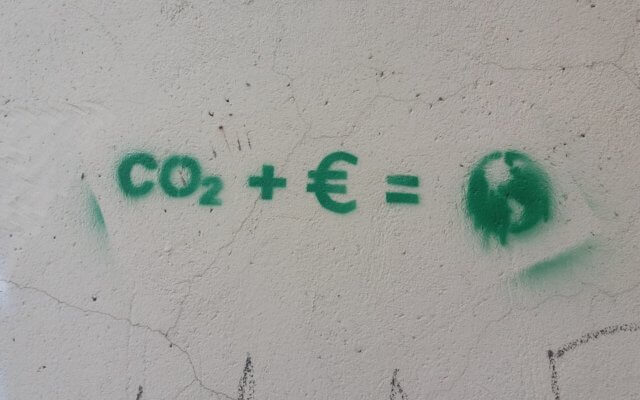ERASMUS+, Key action 1: training course
Dates: 1—9 April 2025
Venue: Cristuru Secuiesc, Transylvánie, Romania
Czech team: 2 participants
Please read the info-pack.
Hosting organisation: Asociația de Tineri Din Ardeal
Project report:
The first days of our program (in the beautiful, forested town of Cristuru) focused on getting to know each other (and thus our different cultures). During these activities, a very friendly atmosphere was gradually created, which accompanied us for the rest of the project. We had the opportunity to taste different foods and sweets from other countries, learn simple phrases, traditional dances, listen to current music hits from other countries, as well as play games, which we all had a lot of fun with.
In the following days, we focused on two main themes: the Roma community and informal learning – which were intertwined into other themes in different ways. During these theoretical blocks we were definitely not bored, the blocks were very practical and we often got involved in them – for example, the whole group made up our rules, expectations and wishes for the project, or each country had to present the situation of Roma citizens in their country – thanks to the research we could realize how our country is doing in this area, and at the same time compare internationally. In the evening part of the programme we had the opportunity to watch a documentary about the Roma community living near the town of Cristuru, which was incredibly beneficial for all of us, especially the opportunity to visit this community where we had the chance to talk about their situation and see everything for ourselves. Furthermore, during the project, we had the opportunity to get to know the specifics of Romani culture better – for example, we learned simple phrases and words in Romani, learned about important Romani traditions, and listened to a Romani fairy tale…
Regarding the second topic – non-formal education, we gained a lot of new knowledge and types of ways to improve the effectiveness of our work with the group and working with Roma, and we were able to apply this knowledge very quickly when planning our own program for the group, which we were able to try to implement, and thanks to that we were all able to enrich ourselves with a lot of new techniques, games and methods (which is what I wanted to take away from the programme, among other things), and I think it enriched each of us and advanced our profession.
But don’t think that our whole program was just about that! Even though we had a fairly full educational program, there was time to explore Romania and Romanian culture through field trips and city visits.
In conclusion, I just want to say a big thank you to EYCB and the organizers who did an amazing job! I am looking forward to the next adventure with you.
Eliška R.


